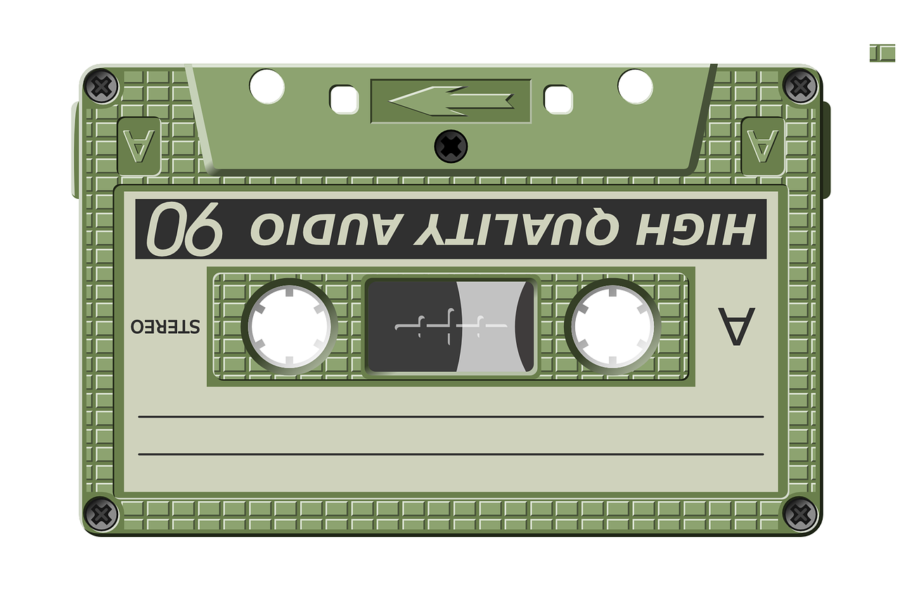The Most Iconic ’90s Album Is Getting Sued Again

Sending shockwaves through the legal world, the United States Court of Appeals for the Ninth Circuit has reinstated the controversial lawsuit filed by Spencer Elden against Nirvana and various associated parties.
What is Elden’s beef with the iconic 90’s band? His claim concerns the use of his image as a naked baby on the cover of Nirvana’s celebrated album, Nevermind. This development breathes new life into the controversy surrounding the album, as a California district court had previously dismissed Elden’s case.
Reviving The Case

Filed on December 21, the Ninth Circuit’s decision to revive the case upends the CA district court’s prior ruling (the Ninth’s authority supersedes that of regional courts).
The appeals court ruled that each republication of an image considered child pornography could be potentially considered a new personal injury. This distinction is important because it means the statute of limitations is effectively null.
Nirvana Baby

The “Nirvana Baby” (now very much a Nirvana adult) initially filed his lawsuit in August 2021 and named several defendants, all involved with Nevermind to various degrees.
These include Nirvana members Krist Novoselic and Dave Grohl, Courtney Love (who represents Kurt Cobain’s estate), Universal Music Group, Geffen Records, photographer Kirk Weddle, and more.
Wrongful Distribution

Accusing these parties of exploiting his image, Elden also charges them with engaging in the commercial distribution of child pornography. For their part, in December 2021, the defendants sought dismissal of the lawsuit, deeming it as nakedly (pun intended) insincere.
Elden, they pointed out, has a history of monetizing his fame as the Nirvana Baby on the Nevermind cover—and has done so for thirty years.
Circuit Court Decision

Ultimately, the circuit court dismissed Elden’s case when he missed an important deadline for a response, which led to the Nirvana Man/Baby refiling his case in January of the following year.
Yet again, in September 2022, the CA circuit dismissed his case; US Judge Fernando Olguin cited the 10-year statute of limitations expiring.
However, the Ninth Circuit’s recent ruling contributes a different perspective. It propounds that Elden cites new injuries stemming from the constant redistribution of Nirvana’s Nevermind album cover in the past ten years.
Notably, this redistribution includes the 30th-anniversary box set released in 2021.
District Court Decision

Perhaps leading to a new legal precedent, the court concluded that the statute of limitations did not invalidate Eldens’ claim.
This overturned the district court’s decision and flew in the face of most statutes of limitations-based case law.
Indeed, Elden’s pursuit of the lawsuit seeks more than monetary compensation. He also requested that Universal modify the album cover for all future releases.
Kurt Cobain Influence

Released in 1991, Nirvana’s Nevermind changed the world—gifting it a groundbreaking album redefining rock (and defining grunge).
Kurt Cobain’s jaded, raw lyrics and infectious melodies, buoyed by crunching, anthemic guitar riffs, engendered a sound that resonated with the entire generation. Its smash hit, “Smells Like Teen Spirit,” was the theme song to the ’90s.
The case surrounding Nevermind’s cover underscores the dynamic and complex interplay between art, exploitation, and legal barriers.
Source: Heavy Consequence










